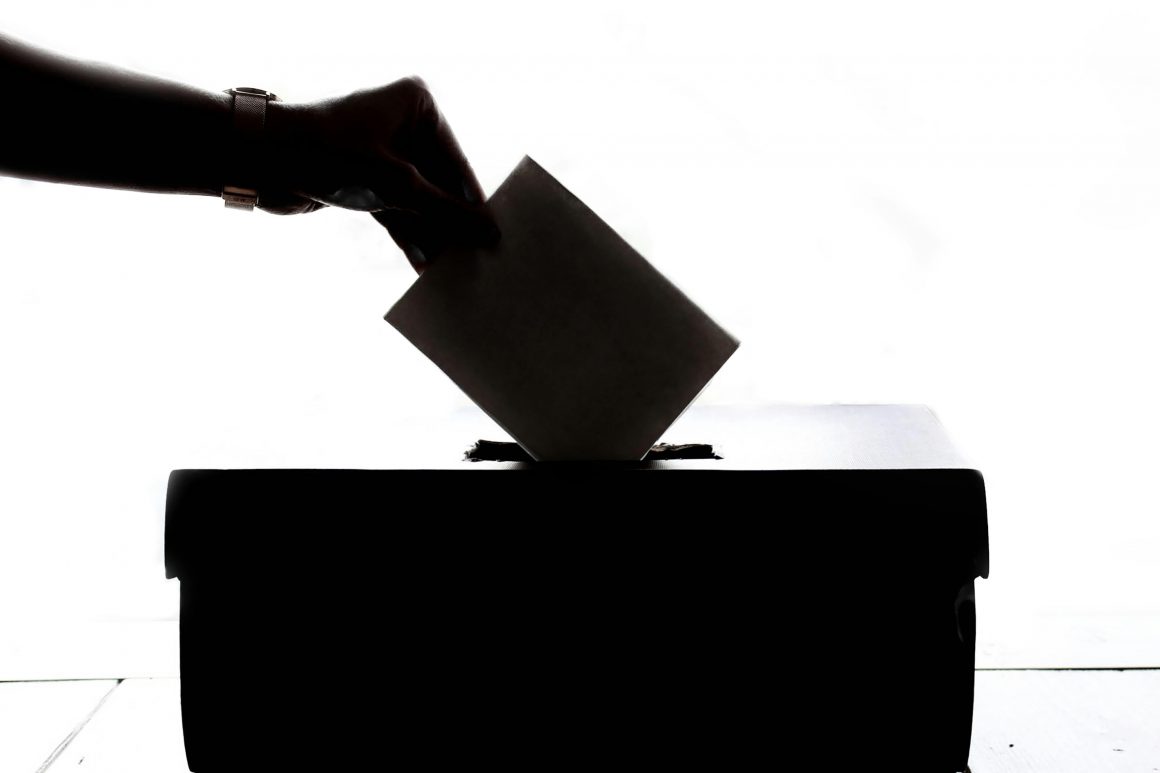
Polls favour Conservatives, but Trudeau remains hopeful for re-election
By Thomas Knight, October 15 2024—
Every four years or so, Canadians have the opportunity to select from a roster of candidates to decide who they want to lead the country. This process of free and fair elections is the cornerstone of our democracy. With the upcoming election slated for October 2025, recent polls and public opinion suggest that Prime Minister Justin Trudeau could face significant challenges. With low approval ratings, a demoralized party and voters who feel alienated, many are turning to alternatives like Pierre Poilievre’s Conservative Party to move the country forward. A political shakeup seems likely, but as with everything in politics, the situation is more complex than it appears.
Recent polls strongly indicate a victory for the Conservative Party of Canada in the upcoming election. Electoral projections by 338Canada predict a 43 per cent popular vote for the CPC. However, Canadian elections follow the first past the post system, so this data should be taken with a grain of salt.
According to the Angus Reid Institute, reasons for uncommitted voters steering clear of Trudeau’s Liberal Party include a lack of progress on key issues (48 per cent) and dissatisfaction with the leader himself (31 per cent). The Institute’s ‘Trudeau Tracker’ reveals that only 28 per cent of Canadians approve of his performance, while 67 per cent disapprove.
Why this decline for Trudeau? Critics cite issues such as the escalating cost of living, increasing government debt and a diminished international reputation. Commentators also observe that many Canadians are tired after eight years under Liberal governance and are eager for new leadership in Ottawa.
Does this mean an easy win for Poilievre in the next election? Not necessarily. While polls favour his chances, unexpected events before election day could alter the outcome. Factors like leadership actions, surprising economic data or social movements and protests can all influence voter decisions. Although the Conservative Party is performing well in the polls, Poilievre himself faces challenges; an Angus Reid Institute survey indicates that 52 per cent of respondents are dissatisfied with him as a leader, while only 36 per cent view him favourably.
Additionally, the Institute notes that about a third of Canadians feel like ‘political orphans,’ aligning with no particular party. This could create opportunities for all parties, including smaller ones like the New Democratic Party (NDP) and the People’s Party of Canada, to offer themselves as viable alternatives. However, the NDP’s recent dip in popularity after withdrawing its support from Trudeau’s minority government, combined with the unpopularity of other minor parties, makes this scenario seem unlikely.
With the next election not until October 2025, there remains ample time for political dynamics to shift. As the saying goes, a week is a long time in politics, and over a year offers the Liberals numerous opportunities to stabilize and reinforce their position as the governing party — if they play their cards right.
This article is a part of our Opinions section and does not necessarily reflect the views of the Gauntlet editorial board.
